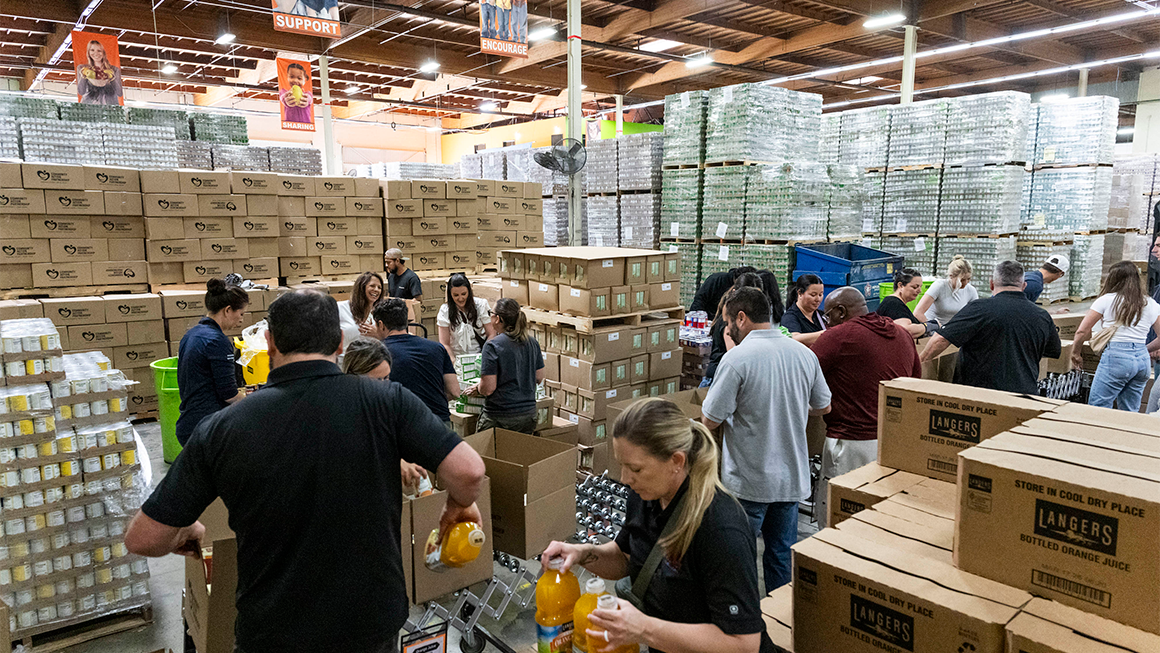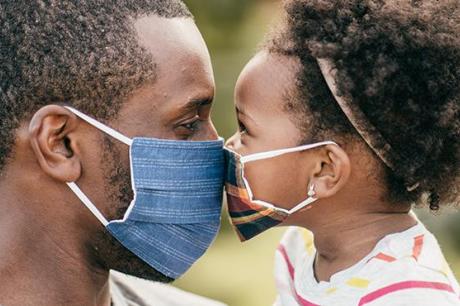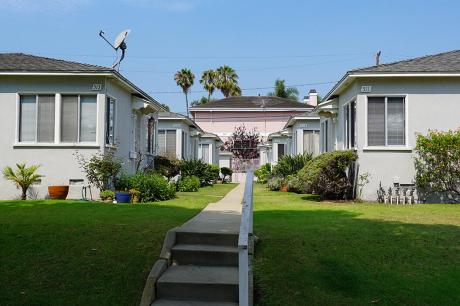Articles and analysis on today's issues

Federal cuts to the Supplemental Nutrition Assistance Program could cause some DC-area families to lose an average of $187 in monthly benefits.
Could Public Private Partnerships Improve Health Outcomes in Developing Countries? Evidence-informed technical assistance could build government partners’ capacity and help ensure PPPs are designed and implemented in ways that maximize public benefits while enabling financial sustainability.Steps Every State Can Take to Build a More Equitable Child Care Subsidy System Historically, the child care subsidy system has been underfunded, serving only one in six children eligible under federal law.Lessons from France for Creating Inclusionary Housing by Mandating Citywide Affordability France’s Urban Solidarity and Renewal (SRU) law has been successful in making the distribution of affordable housing more equitable in terms of evening the availability of subsidized units across municipalities, and it could be a model for the US.Cash Transfer Programs Can Build Choice, Speed, and Equity During the COVID-19 pandemic, THRIVE East of the River provided emergency relief through cash transfers to more than 500 households in Washington, DC’s Ward 8.Making Free Community College Work in Every State Finding the right combination of parameters to fund free community college can maximize participation among states and avoid penalizing states that already have low tuition.Renters Living in Units Owned by Mom-and-Pop Landlords Are Struggling to Pay Rent More Than Those Living in Large Multifamily Buildings With the distribution of emergency rental assistance funds slowly picking up and the national eviction moratorium ending last month, real-time data that reflect the financial health of renters is critical.





